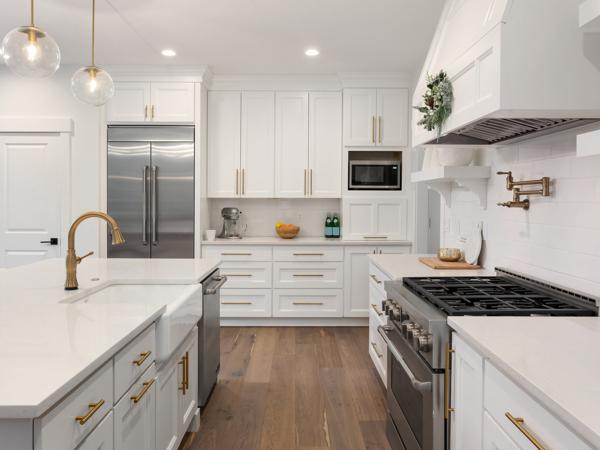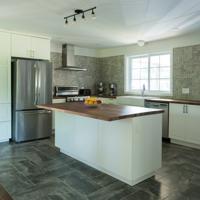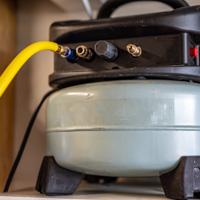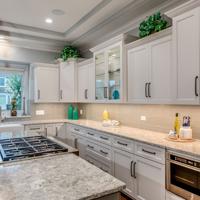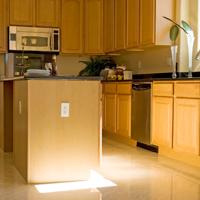Whether you're renovating your entire kitchen or simply updating a few features, selecting the right appliances is a crucial part of the process. While it may seem daunting at first, choosing kitchen appliances can be an enjoyable task that combines functionality with style.
Understand Your Needs
Before diving into appliance shopping, consider how you use your kitchen. Are you an avid cook who needs a high-performance oven, or a busy parent looking for energy-efficient options? Understanding your needs will guide your choices and help you create a kitchen that suits your lifestyle.
Energy Efficiency
Energy-efficient appliances not only help the environment but can also reduce your utility bills. Look for the Energy Star label, a widely recognized certification for efficient products. While the initial cost might be higher, these appliances often pay off in the long run.
Example: Refrigerators
- Standard Refrigerators: Offer plenty of space for a family's weekly groceries but can be energy-intensive.
- Smart Refrigerators: Feature energy-saving modes and can alert you if the door is left open. These are often part of a larger Smart Home Integration strategy.
Range and Ovens
The choice of a range and oven largely depends on available space and cooking habits. It's beneficial to evaluate the pros and cons of various features like convection ovens, which offer even heat distribution, or induction cooktops known for quick boiling times and enhanced safety. This is all part of planning your kitchen remodeling.
Example: Cooktops
- Gas Cooktops: Preferred by many chefs for their precise heat control.
- Electric Cooktops: Typically easier to clean and often come in sleek designs.
- Induction Cooktops: Efficient and safe if you have small children, as they remain cool to the touch.
Dishwashers
Modern dishwashers come with a variety of features designed to improve efficiency and cleaning performance. When selecting a dishwasher, consider the capacity, noise levels, and water efficiency.
Example: Features to Consider
- Multiple Wash Cycles: Allows you to tailor the wash depending on the load type.
- Adjustable Racks: Provides flexibility for different dish sizes and shapes.
- Quiet Operation: Beneficial in open-plan homes where noise might be a concern.
Small Appliances
While large appliances like refrigerators and ovens dominate discussions, small appliances also play a significant role in the functionality of a kitchen. Blenders, toasters, and microwaves are essentials in most homes. Consider the aesthetics and ease of use for these items, as they often sit on kitchen countertops.
Example: Coffee Makers
- Single-Serve Models: Convenient for individuals and frequent travelers.
- Espresso Machines: Ideal for coffee enthusiasts who enjoy crafting their morning brew.
Technology Integration
The rise of smart home technology has brought several innovations into the kitchen. Smart appliances can be controlled remotely and offer advanced features like inventory management in refrigerators or recipe assistance via built-in screens.
Considerations:
- Compatibility: Ensure new appliances integrate well with existing devices.
- Security: Be aware of any potential risks, like app vulnerabilities, when investing in smart technology, especially with smart locks.
Final Thoughts
Choosing kitchen appliances is a personal journey. It's about finding what works best for your needs and aesthetic preferences. Take your time to explore different options, read user reviews, and consider seeking advice from professionals in home renovation stores or forums.
For more comprehensive understanding, resources such as Consumer Reports and Energy Star's official website can provide detailed reviews and insights into various kitchen appliances. Happy kitchen remodeling!
Remember, the appliances you select will serve your household for years, so it's worth investing thought and research into finding the right fit.
